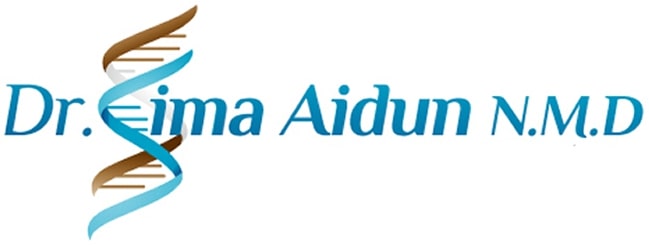On average, a woman is diagnosed with breast cancer, in the United States, every 2 minutes. Furthermore, nearly 85% of breast cancers occur in women who do not have family history of the cancer. In fact, genetic mutations caused by the aging process and everyday life are a major contributing factor to breast cancers.
We want to keep you knowledgeable about the genetic and environmental factors that could explain symptoms associated with various female disorders.
Why is it important?
About 1 in 8 women will develop invasive breast cancer over the course of her lifetime. Our comprehensive nutrigenomic panel, Women’s Health, identifies underlying contributing factors to PCOS, hypothyroidism, estrogen dominant symptoms (ex. irregular menstrual cycles, fibrocystic breasts, excess facial/body hair, hair loss, mood changes), female cancers and history of miscarriage and/or fertility issues.
This genetic test evaluates specific genes that involve estrogen metabolism. Hormonal issues with estrogen/progesterone balance and altered estrogen metabolism can lead to a higher risk of developing deep venous thrombosis, hypertension and altered blood pressure and fluid balance. In more severe cases, there is an increased risk for cancers, miscarriage, placental separation, pre-eclampsia and pulmonary embolisms. Genetic findings and interpretations can help determine:
- Insufficiencies in Vitamin Conversion & Delivery
- Hypertension & Clot Risks
- Issues in Estrogen Metabolism & Clearance
- Follicular Sensitivity in Ovarian Response
- Hormone Metabolism of Androgen Markers in Women
- Autophagy Consideration in Relation to Metabolic Risk Factors




